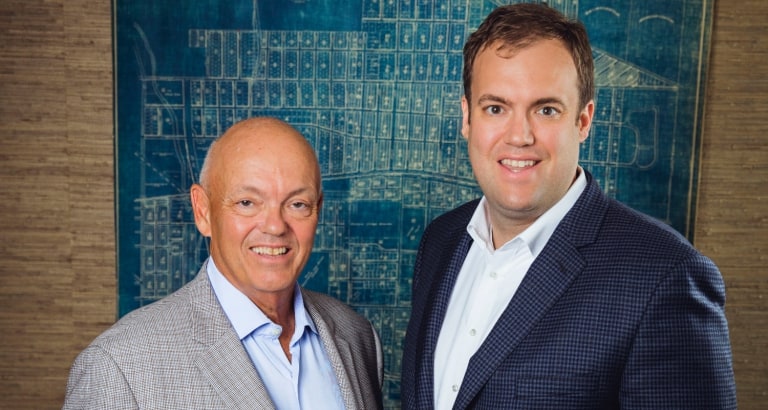Estate Planning: Do You Have a Plan for Your Assets?
Estate planning involves creating a strategy for how your assets will be handled when you’re no longer able to handle them. Listen to Josh discuss the importance of wills, trusts and beneficiaries in creating an estate plan.
Video Transcript
As a kid, my brother and sister and I were playing in our family room, every now and then mom and dad who would be sitting in the living room would call us in one at a time. And whenever you heard “Josh come here, we’d like to talk to you,” we would instantly know something wasn’t right. And it wasn’t a fun conversation we were about to have.
And what I’m about to have with you right now is not a fun conversation, because I’m going to talk about death. And specifically what happens to your money after you pass away? That’s estate planning. Estate planning is the process of your money not being yours anymore because you’re not here.
And money is not something you can take with you into the afterlife. And so it has to go somewhere. And where does it go? It can go to a charity. It can go to a family member. It could go to a complete stranger. Heck, you can even leave it to the IRS if you want to, but you have to determine where it’s going to go.
And there are really three things that determine where your money is going to go and you have to understand how your assets are titled in order to understand this. And I am not an attorney. I am not practicing law here. In fact, if you want advice on this, I’m going to highly suggest you talk to an attorney.
And what are those three things? Well, the first is a will. If you die and there is no beneficiary or there is no co-owner, your will is going to determine where your money goes after you’re gone. So that’s a very simple one. Everyone knows about that, but then there’s one level up, and that level up is a beneficiary. Now beneficiaries are found on life insurance, and they’re found on 401ks and IRAs.
And what that says is that upon your death, upon your passing, this is who you want your money to go to. And beneficiaries don’t care what your will says. So if your will says, leave everything to my spouse, but your beneficiary says, leave everything to my ex-wife, guess what, your ex-wife is going to get that money.
So make sure you understand that your beneficiaries supersede your will. Then one level up from there is ownership. Ownership can be a couple of things. It could be owning something jointly. So if me and my wife own our house together and I pass away, it transfers seamlessly to my wife. Now, I guess there’s some things she has to do, but it’s pretty seamless.
And the other is a trust. A trust is a different type of ownership and yes, you can make a trust a beneficiary, and something like that. But someone once described a trust to me as a box. And the trust itself is the box. And for the most part, that box sits empty and it isn’t until you fill that box with your stuff, usually upon your passing, that the box has anything in it.
And what that trust does, what that box is, what you’re doing is you’re creating rules for anything that’s in this box. So if you leave money in here, it’s kind of like your will or your beneficiary or anything along those lines. All of that already has rules written into it so that upon your passing a trust, can’t actually die, so all of those rules play out.
Now, which one do you need? Do you need a will, do you need to trust? Do you need beneficiaries? As I tell my kids, yes, you probably do. I will tell you, attorneys love to sell you these biggest estate planning packages.
And for some people you need them. For some people you probably need more advanced estate planning the attorney actually even offers. For some people real simple is okay too, for some people, all you need is a will and some beneficiaries. But, I will tell you, the more planning you do while you’re alive, the easier it is for your heirs upon your passing. That may be important to you.
It may not be important to you, but that’s simply the truth of the matter. Now what you leave to who, meaning, do you leave your IRA to your kids? Do you leave it to a charity? Do you leave all that stuff? That is a totally different ball game. And that’s something that we need to make sure that you address.
But the estate planning, the big, the big three areas are wills, beneficiaries and ownership. So I hope you found this conversation about death to be slightly more comfortable than when my parents used to call me into their living room. But it is something that everyone needs to have talked about and addressed.
I hope you got some value out of the video you just watched. And if you know somebody else that could benefit from this, I encourage you to share this video with them. If you’d like to discuss your personal situation further, there is a link below to schedule a free 15 minute phone call with us. Thanks, have a great day.

